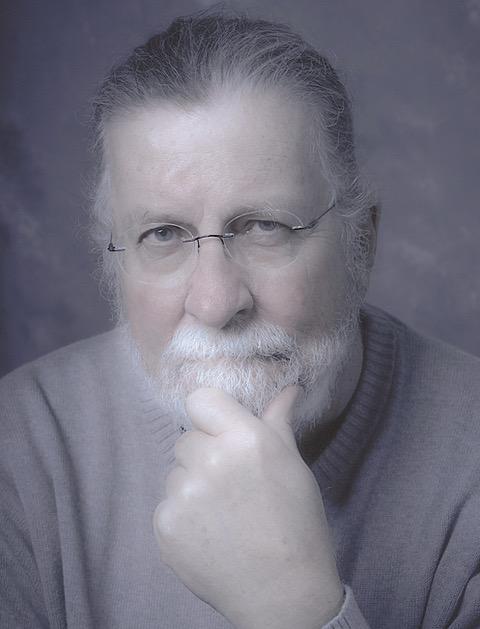Mr. Schwitzer, a health care journalist for 45 years, is publisher of a non-profit (unrestricted academic grant -funding) website called HealthNewsReview.org. His team evaluates and grades daily health news reporting by major U.S. news organizations. The project has been honored with several journalism industry awards. In 2013, Mr. Schwitzer received an Adjunct Associate Professor appointment from the University of Minnesota School of Public Health. From 2001-2010, he was a tenured professor on the faculty of the School of Journalism and Mass Communication at the University of Minnesota, teaching health journalism and media ethics. Preceding this job, he was the founding Editor-In-Chief of the MayoClinic.com consumer health web site. He worked in television news for 15 years, including as the head of medical news at CNN.
Q: What did you want to be when you grew up?
A: An elephant trainer or a sports reporter. Perhaps the elephant trainer interest foretold how I like to take on huge tasks. Perhaps I belonged in sports news more than in health care news because the former field probably spends more time evaluating evidence and statistics (wins, losses, performance percentages, etc.) than the latter.
Q: Who is/was your role model?
A: Edward R. Murrow – for broadcast journalism. “To be persuasive we must be believable; to be believable we must be credible; to be credible we must be truthful.”
Q: Tell us about a meaningful moment in your career
A: When I acted on my own personal ethics and resigned from CNN because of disagreements over editorial decision-making and ethical conflicts. That decision catapulted me into more than two decades of whatyou might call alternative journalism, of which I’m very proud.
Q: If someone asked you to suggest a book to read, what would you recommend?
A: Team of Rivals: The Political Genius of Abraham Lincoln- which carries important lessons for problem-solving in politics or any contentious field, even health care.
Q: What do you like to do in your down time?
A: Photography
Q: What is your favourite cuisine?
A: Mexican
Q: What is your favourite place in the world?
A: Machu Picchu
Q: Who would you most like to thank, and why?
A: My wife, for exhibiting a great deal of patience and understanding.
Q: What are three things you would change in medicine?
A: – More truly informed, shared decision-making encounters between doctors and patients
– Less industry influence and less“industrialized medicine” as Victor Montori calls it
-Improved communication at all levels: doctor-patient, in the way journal manuscripts are written and reviewed, in the way evidence is communicated (or not communicated) to the public.
Q: How do you want people to remember you?
A: Someone once introduced me before I gave a conference talk with three words: “Troublemaker, muckraker, curmudgeon.”My immediate reaction was that perhaps that should be inscribed on my graveyard headstone someday. As they say, if the shoe fits, wear it.
Selected publications (from PubMed)
- Schwitzer G. Trying to Drink from a Fire Hose: Too Much of the Wrong Kind of Health Care News. Trends Pharmacol Sci. 2015 Oct;36(10):623-7.
- Schwitzer G. A guide to reading health care news stories. JAMA Intern Med. 2014 Jul;174(7):1183-6.
- Schwitzer G. How do US journalists cover treatments, tests, products, and procedures? An evaluation of 500 stories. PLoS Med. 2008 May 27;5(5):e95.
- Schwitzer G, Mudur G, Henry D, Wilson A, Goozner M, Simbra M, Sweet M, Baverstock KA. What are the roles and responsibilities of the media in disseminating health information? PLoS Med. 2005 Jul;2(7):e215.
- Schwitzer G. Statement of principles for health care journalists. PLoS Med. 2005 Mar;2(3):e84

